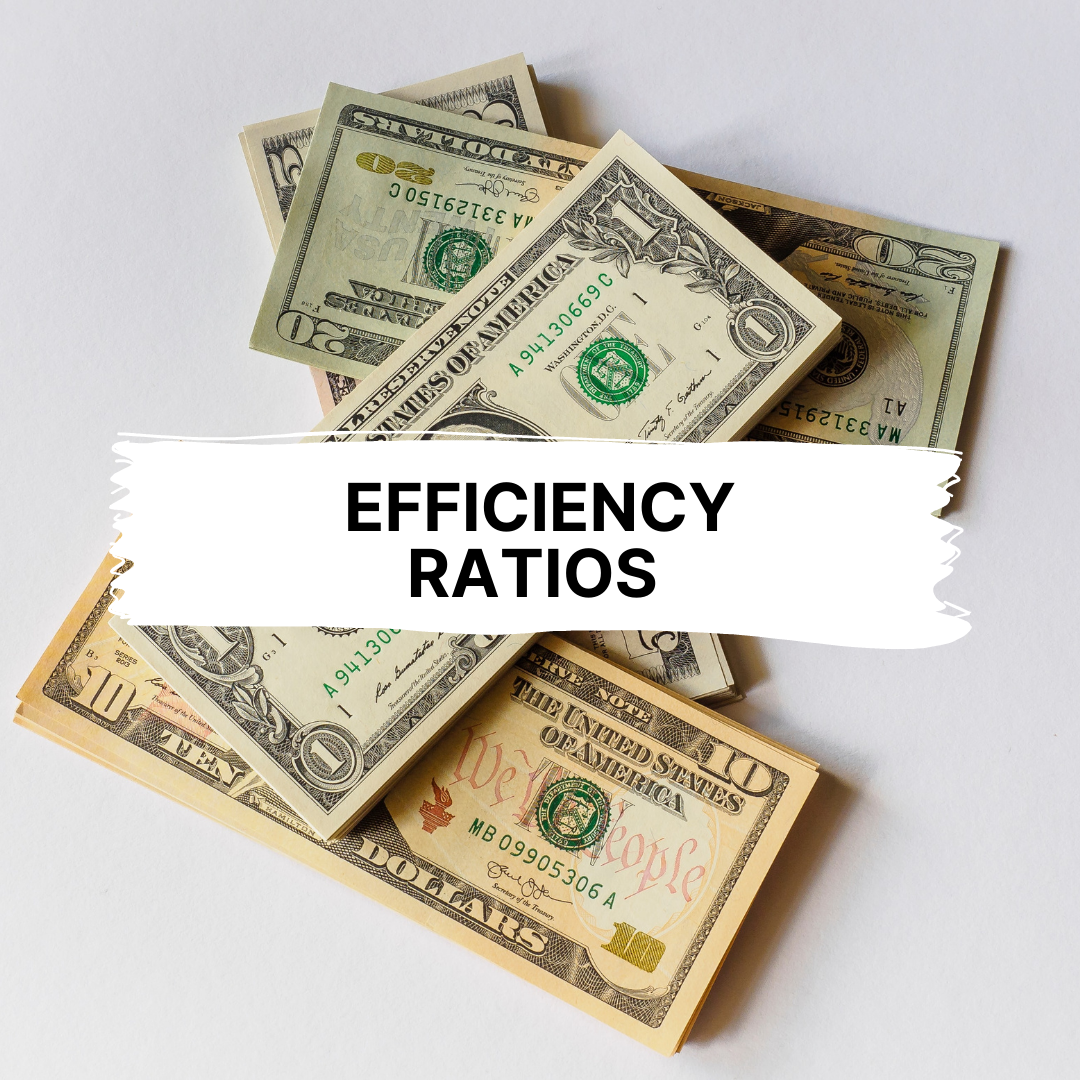Whether you own a small or large business, accounting plays a vital role in the growth of your business. There are many questions that may cross your mind every day related to accounting. Let’s take a look at some of the frequently asked questions related to accounting:
Who is an Accountant?
An accountant is a professional who is adept in performing accounting work, be it recording business transactions, issuing financial statements, issuing an invoice to the customer, and the list goes on. An accountant works under the supervision of a CPA (Certified Public Accountant), auditor, or any other management accountant.

What is the Role of an Accountant?
An accountant has many duties and responsibilities. Let’s take a look:
- An accountant is responsible for financial accounting and reporting
- He takes care of the auditing process
- He helps in preparing tax documents
- He provides management services and consulting
- An accountant is responsible for financial analysis
- He plays a major role in cash management
What Accounting Terms you should know?
Here are some common accounting terms that you should be aware of:
Cost of goods sold (COGS)-It refers to the cost that is spent on producing a product. It plays a major role in determining the profit of your business
Inventory-This includes the raw materials in the storage, items in the production process, and finished goods that are available for sale
Assets- Assets refer to the tangible or non-tangible property that helps in adding value to your business. There are current assets and fixed assets; current assets refer to the assets that can be converted into cash within one year whereas fixed assets refer to the assets that cannot be converted quickly into cash.
Liabilities-Liabilities refer to the money that you owe. There can be short-term liabilities and long-term liabilities, short term liabilities refer to the ones that are due within one year whereas long-term liabilities refer to the ones that are not due within one year.
Equity-It refers to the business value after subtracting liabilities from assets
Revenue-It refers to the amount of money your business brings from the sale
What are the Different Types of Accounting?
There are different types of accounting. Let’s take a look:
Financial accounting-In this type of accounting, accountants create reports based on the business transactions that take place over a time period in the organization. Financial accounting works for both the public and private sectors.
Administrative accounting-This type of accounting focuses on the administrative aspects of the company. It is used for forecasting and planning the actions and resources that can be used to fulfil the company’s objectives.
Tax accounting-Tax accounting is related to registering and preparing reports related to the payment of taxes and filing tax returns to the public treasury.
Cost accounting-It helps in carrying out a detailed analysis of the unit costs of production, sales, and the production process.
Management accounting-It refers to the process of preparing reports related to business operations so that the company can make business decisions quickly. Management accounting helps the company in achieving its business goals.
What is working capital?
It refers to the capital that is used in day-to-day trading. It is calculated by subtracting current liabilities from current assets. Working capital helps in calculating the resources that a company can count on to carry out its operations for the short term.
How to maintain accounting accuracy?
There are some ways that can help you in maintaining accounting accuracy. Let’s take a look:
- You need to identify revenue streams to maintain accounting accuracy.
- You need to keep a track of invoices and receipts
- Preparing tax returns is a good way to avoid penalties
- Preparing financial statements is another way to maintain accounting accuracy.
- You should always keep an eye on the deductible expenses.
What is the difference between accounts payable and accounts receivable?
Accounts payable refers to the amount that a company owes in order to purchase goods and services on credit from a vendor or a supplier. It acts as a liability. Accounts receivable refers to the amount that has to be collected by a company due to the selling of goods or services on credit. It acts as an asset to the company.
What are the common mistakes that people make in accounting?
There are some common mistakes that people make in accounting. Let’s take a look:
- Mixing a personal account with the professional account of the company is the most common mistake that people make in accounting.
- Lack of communication between the accountant and the company is another common mistake made by people.
- Not having a backup, misallocating resources are some of the mistakes that should be avoided in accounting.
- Performing manual accounting should be avoided
- Some people don’t keep the accounting books up to date which is a mistake that should be avoided.
- Some people forget to save the receipts which leads to errors in accounting. So, such practices should be avoided.
Are inactive and dormant accounts the same?
An inactive account refers to the account that has been closed and cannot be used in the future. A dormant account refers to the account that is currently not operational but can be used in the future.
What do you mean by offset accounting?
Offset accounting refers to the process of cancelling an accounting entry with the equal and opposite entry. It reduces the net amount of another account in order to create a net balance.
What do you mean by executive accounting?
Executive accounting is meant for service-based businesses. It is related to finance, advertising, and public relations industries.
Which is better cash basis accounting or accrual accounting?
If you want to manage your books in an efficient manner, then you can use either cash-basis or accrual accounting. Cash basis accounting is a simpler accounting system as compared to accrual accounting. With cash basis accounting, you will have to record transactions only when you physically make or receive any payment. On the other hand, for accrual accounting, you will have to record every transaction that takes place, even when you don’t receive or pay money physically. You need to record two entries for each transaction in a double-entry accounting system. You should opt for accrual accounting if you provide credit to customers.
No matter you can choose the method that suits you, but the government specifies some businesses to opt for accrual accounting. If you make more than $5 million in annual gross sales or $1 million in gross receipts for inventory sales, then you should opt for accrual accounting. In case your business structure is a C corporation, then you will have to use accrual accounting.
What do you mean by material facts in accounting?
Material facts refer to the documents such as vouchers, bills, debit and credit notes, receipts that serve as the base for every account book. These are the documents that help in preparing the account book.
Is there any good way to maintain accounting records?
There are many ways that can help in maintaining accounting records. You can invest in digital record-keeping, including cloud accounting software or record keeping for quick and accurate solutions. Unlike physical records, digital records cannot be destroyed and are easily accessible from anywhere. Also, there are easier to share with anyone, especially your accountant.
What is the basic accounting equation?
Accounting is related to assets, liabilities, and capital. The accounting equation is:
Assets = Liabilities + Owners Equity
Key Takeaways
- In this article, we have discussed some frequently asked questions related to accounting
- An accountant is a professional who is adept in handling the accounting work
- He is responsible for financial accounting and reporting, auditing, preparing tax documents, providing management services and consulting, performing financial analysis, and cash management
- Some common accounting terms have been discussed in the article such as Cost of Goods Sold, inventory, assets, liability, revenue, and equity
- There are different types of accounting including financial accounting, administrative accounting, tax accounting, cost accounting, and management accounting
- Working capital refers to the capital that is used in day-to-day trading
- There are some ways that can help you in maintaining accounting accuracy
- Accounts payable refers to the amount that a company owes in order to purchase goods and services on credit whereas accounts receivable refers to the amount that has to be collected by a company due to the selling of goods or services on credit.
- An inactive account refers to the account that has been closed and cannot be used in the future whereas a dormant account refers to the account that is currently not operational but can be used in the future
- Offset accounting refers to the process of cancelling an accounting entry with the equal and opposite entry.
- Executive accounting is meant for service-based businesses. It is related to finance, advertising, and public relations industries.
- You can use cash-basis accounting or accrual basis accounting depending on your financial condition
- Material facts refer to the documents such as vouchers, bills, debit and credit notes, receipts that serve as the base for every account book
- Investing in digital record keeping is the best way to maintain accounting records
- The accounting equation is: Assets = Liabilities + Owners Equity
Related Articles












